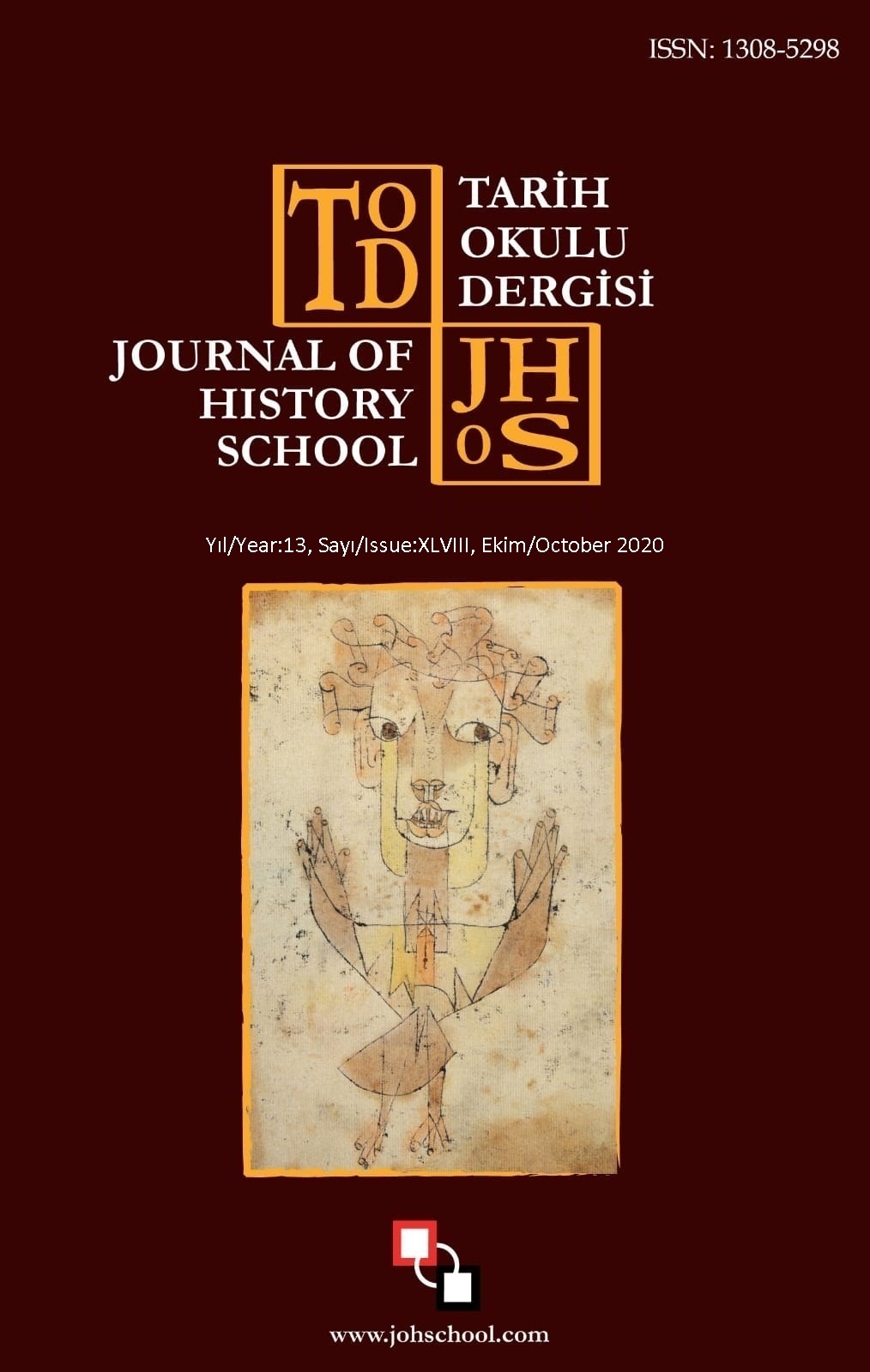ÖĞRETMENLERİN EPİSTEMOLOJİK İNANÇLARI İLE ÖLÇME-DEĞERLENDİRME UYGULAMALARININ TÜRK EĞİTİM SİSTEMİ BAĞLAMINDA İNCELENMESİ
Author :
Abstract
Bu araştırmanın amacı, lise öğretmenlerinin epistemolojik inançları ile öğretim sürecinde uyguladıkları ölçme ve değerlendirme yöntemleri arasındaki ilişkiyi belirlemektir. Korelasyonel desende yürütülen araştırmanın evrenini, Diyarbakır, Elazığ, Malatya ve Şanlıurfa illerindeki liselerde görev yapan öğretmenler oluşturmaktadır. Araştırmanın örneklemini ise, evrenden oransız küme örnekleme ile belirlenmiş 819 öğretmen oluşturmaktadır. Araştırmanın verileri ‘Epistemolojik İnanç Bilgi Formu’ ve ‘Bilimsel Epistemolojik İnançlar Ölçeği’ ile toplanmıştır. Araştırmanın verileri betimsel ve çıkarımsal istatistiki yöntemlerle analiz edilmiştir. Araştırmada lise öğretmenlerinin büyük çoğunluğunun, ders işlerken ve sınama durumları için soru hazırlarken konu içeriğinde yer alan bilgilerin doğasını dikkate aldıkları belirlenmiştir. Araştırmaya katılan lise öğretmenlerinin epistemolojik inanç düzeylerinde çeşitli boyutlarda farklılaşmak olduğu belirlenmiştir. Öğretmenlerin ‘Otorite ve Doğruluk’ alt boyutunda gelişmemiş, geleneksel; ‘Bilgi Üretme Süreci’, ‘Akıl Yürütme’ ve ‘Bilginin Değişirliği’ boyutlarında gelişmiş, çağdaş ve ‘Bilginin Kaynağı’ alt boyutunda orta düzey, karma epistemolojik inanca sahip oldukları belirlenirken, Bilimsel Epistemolojik İnançlar Ölçeğinin geneli itibarıyla öğretmenlerin orta, karma epistemolojik inanca sahip oldukları belirlenmiştir.
Keywords
Abstract
The purpose of the present study was to determine the relation between the epistemological beliefs of high school teachers and the measurement and evaluation methods they use during the teaching process. The universe of the research conducted in a correlational pattern consists of teachers working in high schools in Diyarbakır, Elazığ, Malatya and Şanlıurfa provinces. The sample of the study is composed of 819 teachers determined from the universe by disproportionate cluster sampling. The data of the study were collected with the Epistemological Belief Information Form and the Scientific Epistemological Beliefs Scale. The data of the research were analyzed by descriptive and inferential statistical methods. In the research, it has been determined that the majority of high school teachers take into account the nature of the information included in the subject while preparing lessons and preparing questions for their test situations. It has been determined that high school teachers participating in the study differ in epistemological belief levels in various dimensions. The teachers are not developed under the Authority and Accuracy sub-dimension, they are traditional; While it was determined that they had advanced, contemporary and medium-level, mixed epistemological beliefs in Knowledge Generation Process, Reasoning and Variability of Knowledge dimensions, teachers were found to have medium, mixed epistemological beliefs in general





